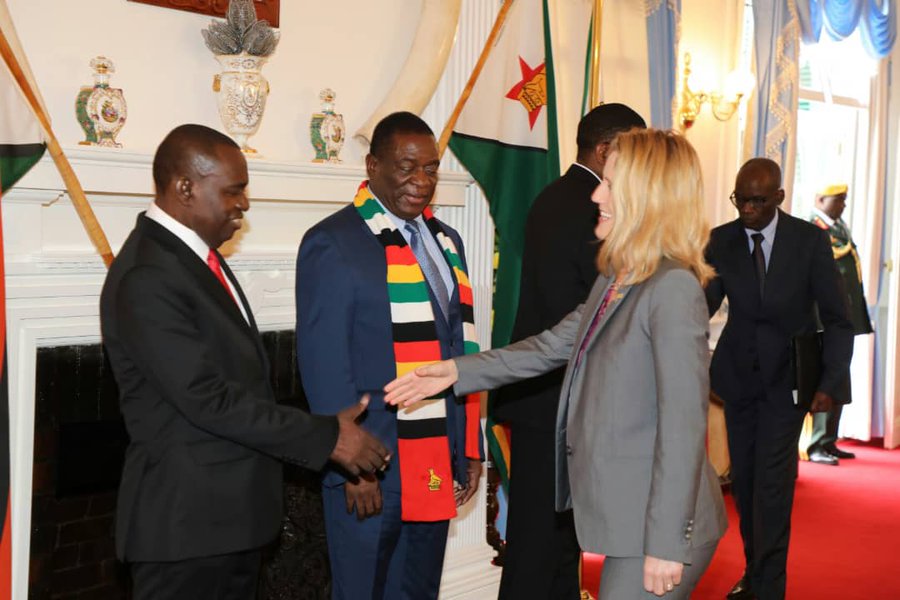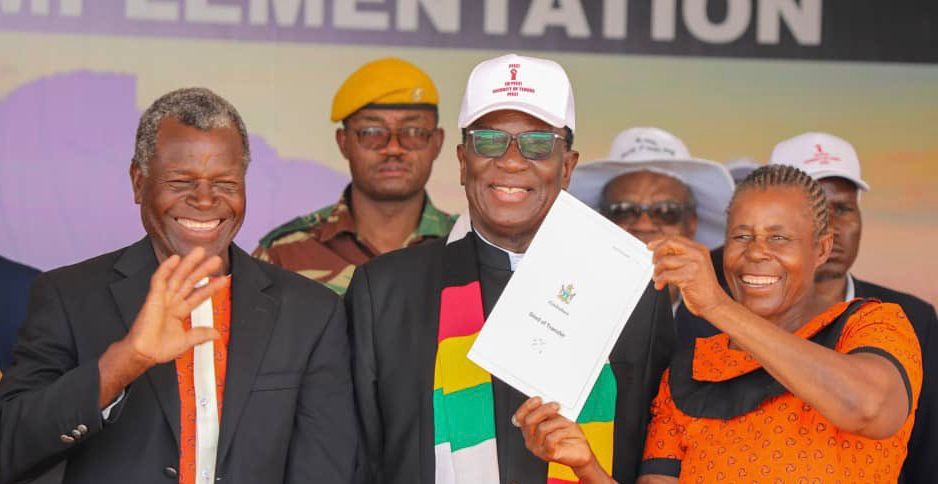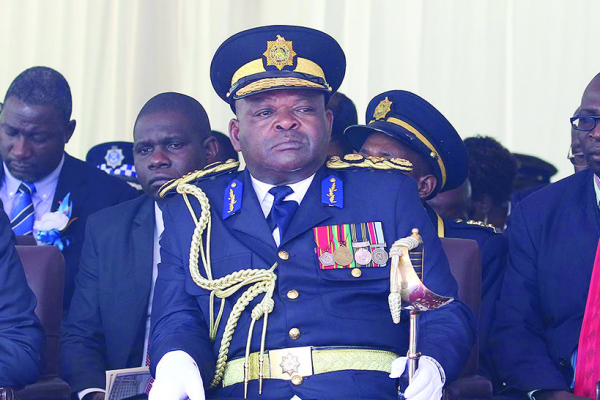HARARE – Britain has given its clearest signal that it intends to pursue a different course from the European Union over sanctions on Zimbabwe after voicing its disagreement with a decision last week to suspend sanctions on former President Robert Mugabe’s widow and three other government officials.
The European Union, in a decision hailed by Zimbabwe government officials, said it had suspended a travel ban and order freezing the assets of Grace Mugabe, Vice President Constantino Chiwenga, Lands and Agriculture Minister Perrance Shiri and Zimbabwe Defence Forces commander Phillip Valerio Sibanda.
The EU however maintained an arms embargo that has been in place since 2002 when the sanctions were imposed in response to human rights abuses under Mugabe, who died in September last year.
Britain’s Sunday Telegraph newspaper reported that a rift has opened up between Britain and the EU over the decision.
Britain exited the EU at the end of January, but is required to follow the bloc’s sanctions decisions until the transition period expires on December 31 this year.
A Foreign and Commonwealth Office spokesman told the Sunday Telegraph: “We did not agree with the EU’s decision to suspend these sanctions on Grace Mugabe. At the end of the transition period we will review it.”
Britain’s ambassador to Zimbabwe, Melanie Robinson, on Monday appeared to warn President Emmerson Mnangagwa that tougher sanctions are on the way unless he speeds through key reforms to open up the democratic space.
“The UK government has always been clear that we believe changes to sanctions regimes against Zimbabwe should reflect progress on the political and economy reforms promised by President Mnangagwa,” Robinson wrote on Twitter.
Britain’s tough stance on the Zimbabwe regime brings it in line with the United States position. The United States maintains sanctions on dozens of Zimbabwean officials and entities connected to the government under a sanctions package in place since 2001.
















